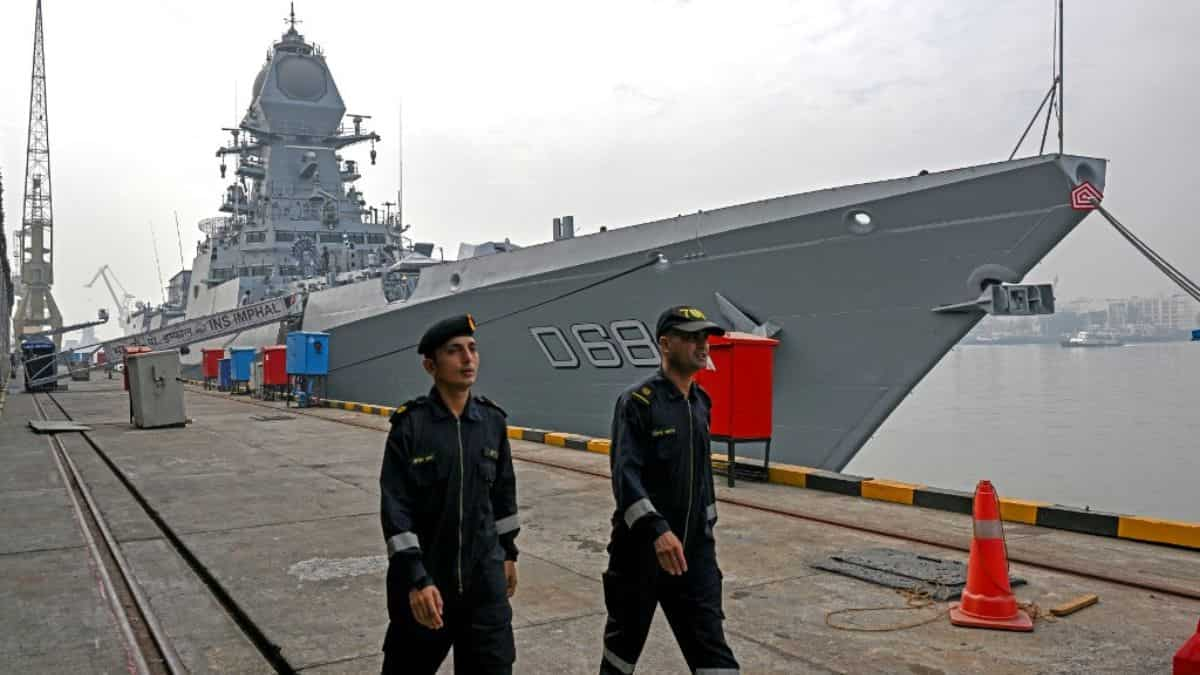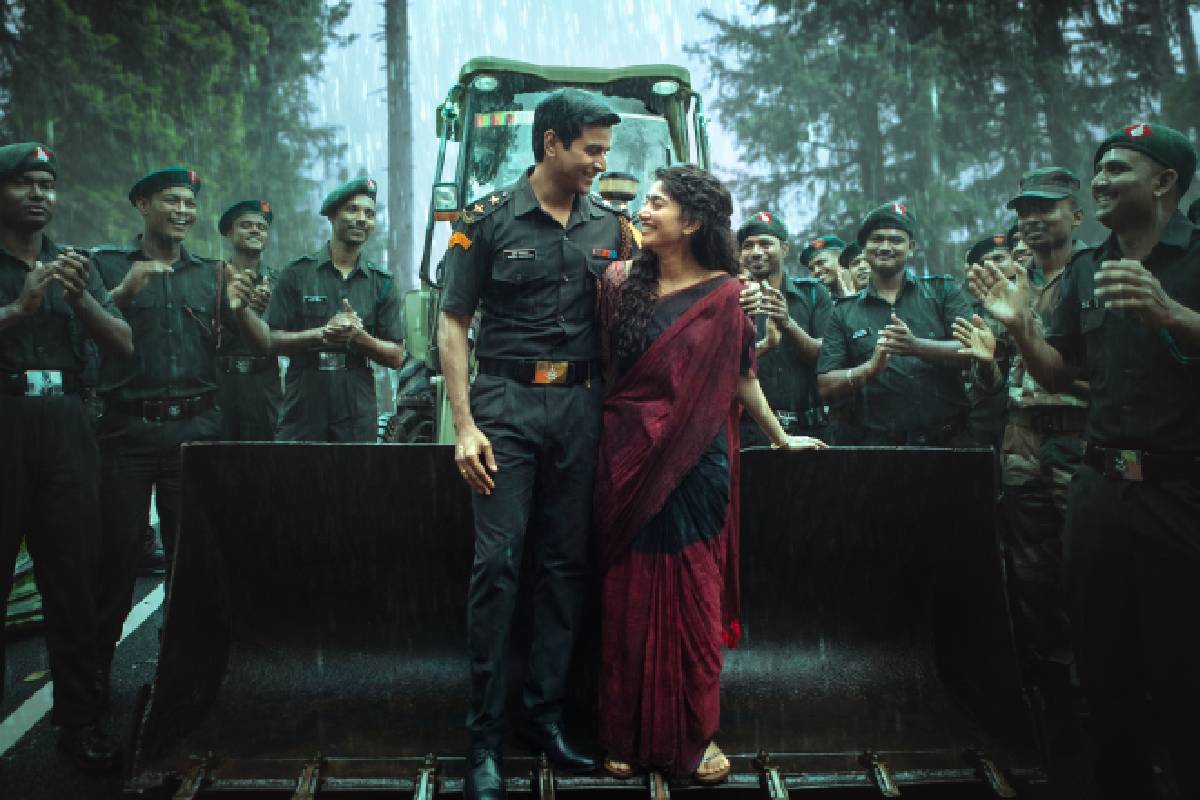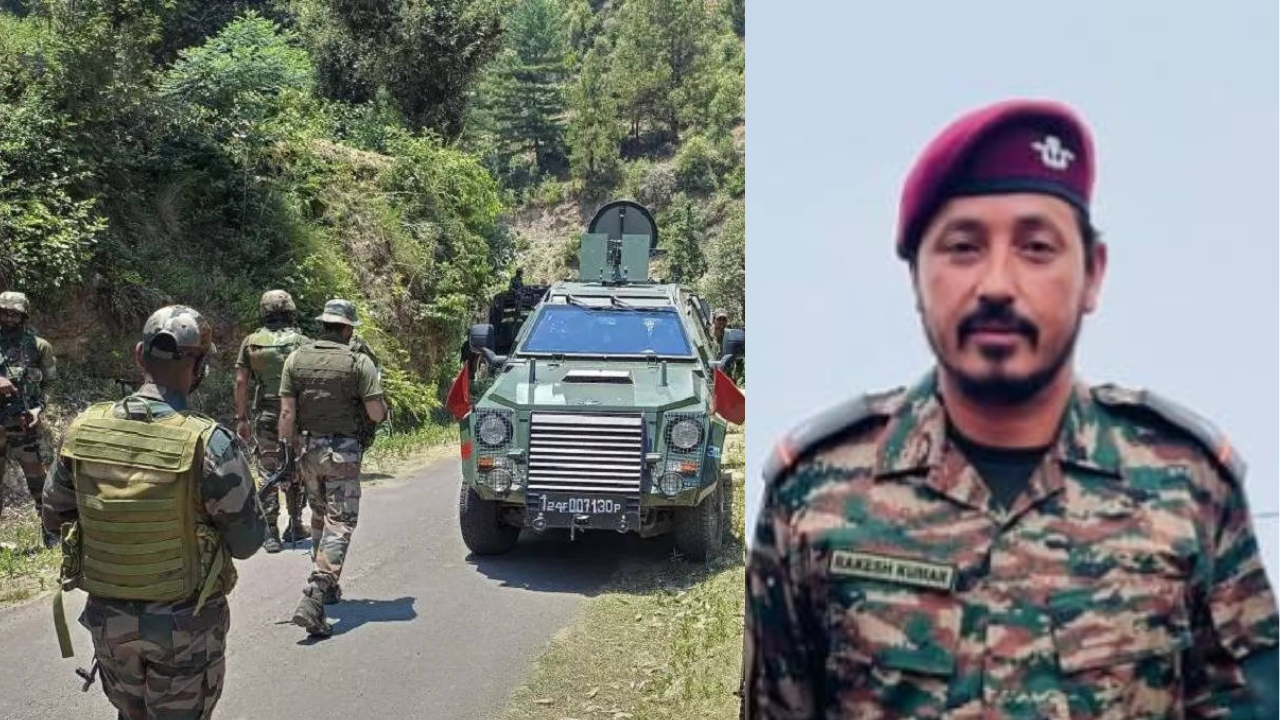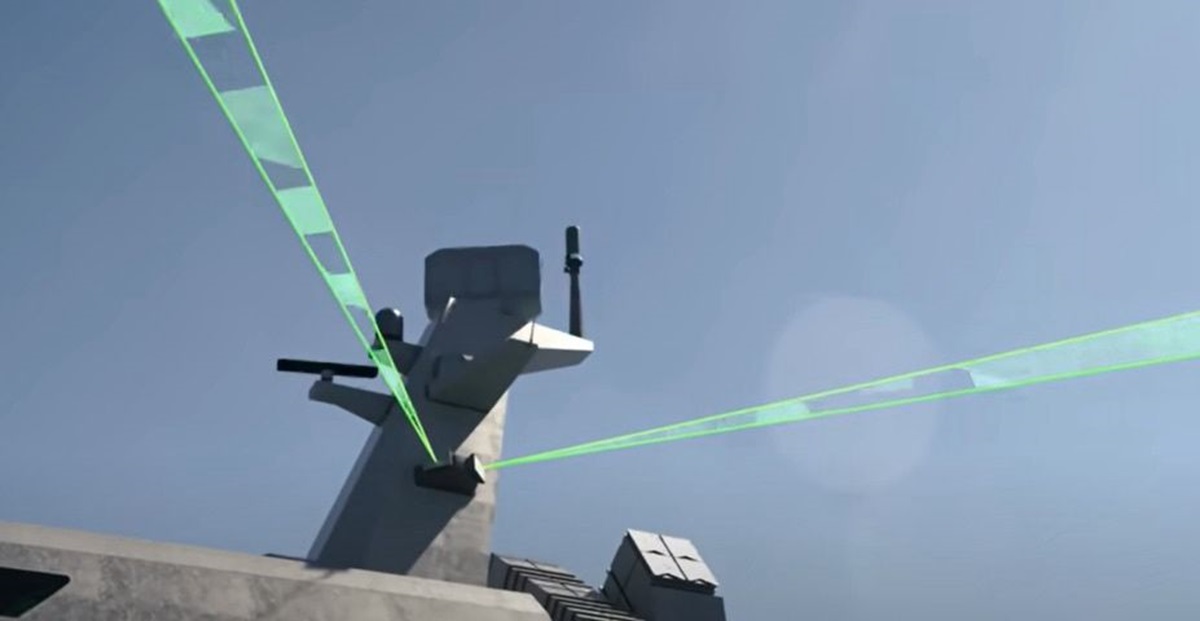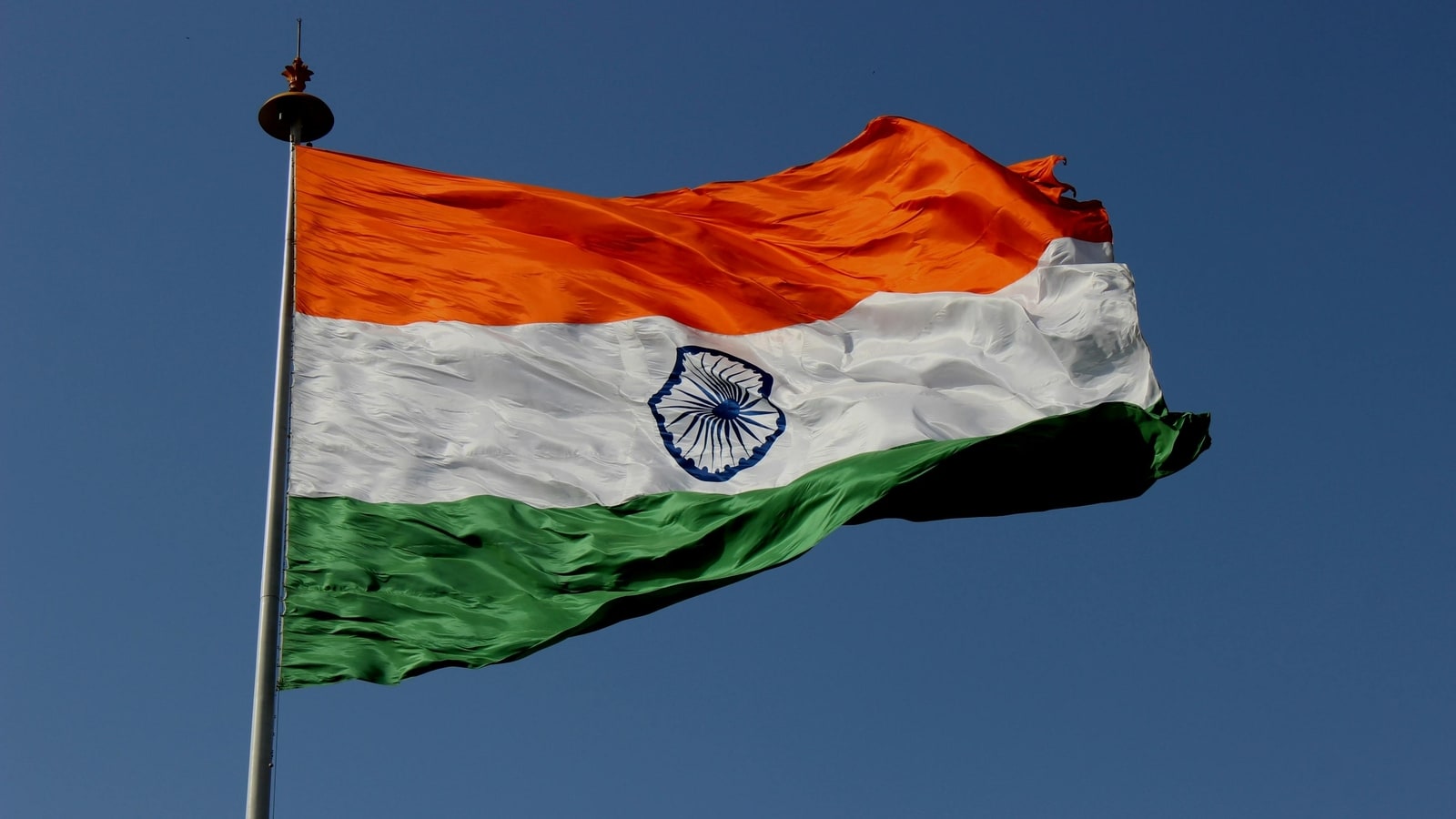Indian Navy Enhances Humanitarian Role, Solidifies Global Security Provider Status
The Indian Navy has long been a cornerstone of India's strategic influence in the Indian Ocean, and its capabilities have…
Turkish Defense Firm Pavo Group Expands US Partnerships to Innovate Defense Technology
In a strategic effort to enhance its presence in the U.S. defense market, Turkish defense technology firm Pavo Group is…
Controversy Erupts Over Sivakarthikeyan-Sai Pallavi’s Film ‘Amaran’ as Critics Call it ‘Army Propaganda’
The upcoming Sivakarthikeyan and Sai Pallavi starrer "Amaran" has ignited significant controversy, particularly over its depiction of Kashmir and its…
Indian Army Naib Subedar Rakesh Kumar Killed in Action During Gunfight with Terrorists in Kishtwar
In a tragic incident on Sunday, Naib Subedar Rakesh Kumar of the Indian Army was killed in action during a…
Rafael Advanced Defense Systems Secures Contract for “Digital Shark” ECM System with NATO Country
Israeli defense company Rafael Advanced Defense Systems has announced it has won a contract to supply its innovative "Digital Shark"…
Indian Army Inducts 550 Indigenous Asmi Machine Pistols Amid US Sanctions on Local Firm
In a pivotal development for the Indian Army, 550 indigenous Asmi machine pistols have been inducted into the Udhampur-based Northern…

